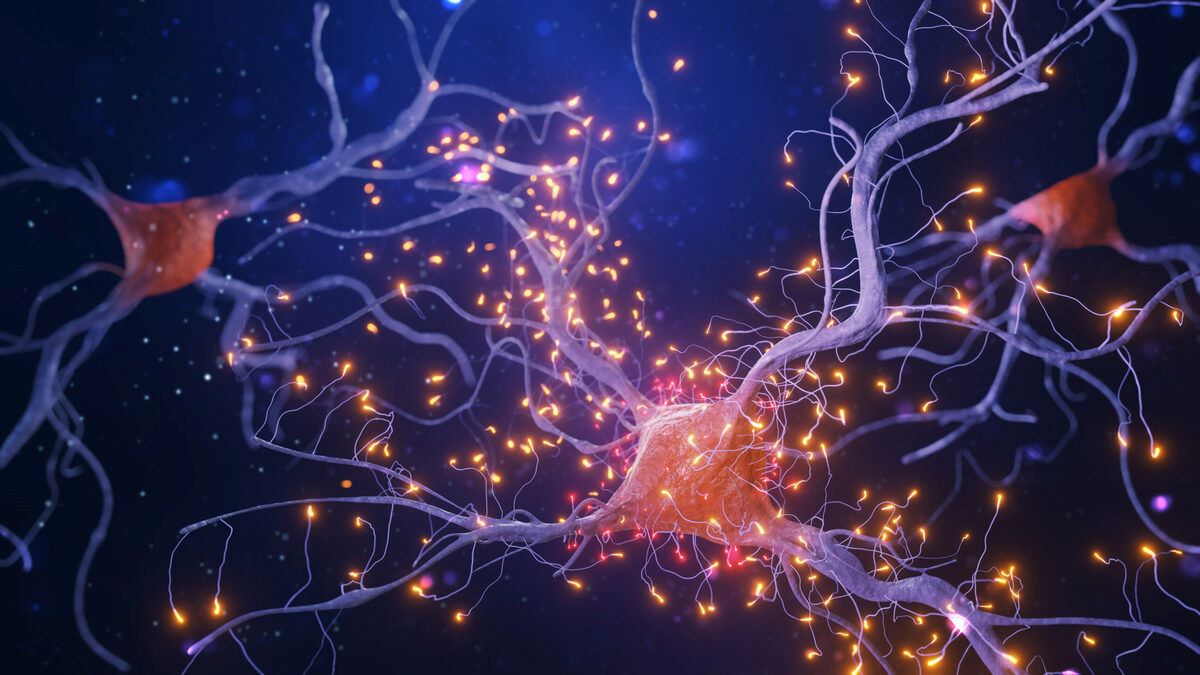
Conflict is a universal experience that is an inevitable part of human interaction. It can arise in various settings, including personal relationships, workplaces, and even on a global scale. While conflict is often seen as negative and something to be avoided, it can also be a catalyst for change and growth. Understanding the nuances of conflict is vital for effectively managing and resolving disputes.
In this article, we will delve into ten fascinating facts about conflict that shed light on its nature and impact. From the evolutionary origins of conflict to its role in shaping societies and relationships, these facts will offer a deeper understanding of this complex phenomenon. So, let’s explore the intriguing aspects of conflict and gain valuable insights along the way.
Key Takeaways:
- Conflict is a natural part of human interaction and can lead to positive change when managed effectively. It can arise from various factors and can have emotional impacts, but resolving conflicts with empathy and communication is crucial for personal and professional growth.
- Understanding conflict and developing effective conflict resolution skills are valuable for navigating turbulent situations with grace and creating a more harmonious world. Conflict can serve as a catalyst for growth, change, and innovation when addressed constructively.
Conflict is a natural part of human interaction.
From interpersonal relationships to international disputes, conflict arises when there are differing opinions, needs, or interests among individuals or groups.
Conflict can be both constructive and destructive.
While conflict often carries a negative connotation, it can also be a catalyst for positive change, innovation, and growth when managed effectively.
Conflict can arise due to various factors.
These may include differences in values, beliefs, resources, power dynamics, or simply misunderstandings between parties involved.
Conflict can manifest in different forms.
It can be overt, such as physical aggression or verbal arguments, or it can be subtle, such as passive-aggressive behavior or avoidance.
Conflict resolution involves finding mutually agreeable solutions.
Effective conflict resolution strategies seek to address the underlying issues, promote open communication, and foster compromise and collaboration.
Conflict can lead to personal and professional growth.
By challenging assumptions, encouraging critical thinking, and promoting empathy, conflict can provide valuable opportunities for learning and self-improvement.
Conflict can have emotional and psychological impacts.
Experiencing conflict can elicit a range of emotions, including anger, frustration, sadness, and anxiety. It can also strain relationships and affect mental well-being.
Conflict can be resolved through negotiation and mediation.
Neutral third parties can help facilitate communication and guide parties toward finding common ground and reaching mutually beneficial agreements.
Conflict can be a catalyst for social change.
Throughout history, conflicts over social injustices and inequalities have sparked movements, leading to significant societal transformations.
Conflict resolution skills are valuable in various contexts.
Whether in personal relationships, workplaces, or international diplomacy, individuals who possess effective conflict resolution abilities are better equipped to navigate and manage conflicts.
Conclusion
In conclusion, conflict is a complex and inevitable part of human existence. It can arise in various forms and within different contexts, from personal relationships to global affairs. Understanding the nature of conflict is crucial to finding effective resolutions and achieving peace.Through the 10 facts presented in this article, we have gained insights into the multifaceted nature of conflict. From its historical roots to its impact on society, these facts shed light on the complexities involved in managing and mitigating conflict.It is important to remember that conflict, while often challenging and disruptive, can also be a catalyst for growth and positive change. By fostering open dialogue, empathy, and a commitment to finding common ground, individuals and communities can navigate conflict and work towards building a more harmonious world.In essence, conflict is not something to be avoided at all costs, but rather an opportunity for learning and progress. By leveraging our understanding of conflict, we can strive towards creating a more inclusive and peaceful society for future generations.
FAQs
1. What causes conflict?
Conflict can arise from various factors such as differences in values, beliefs, interests, and goals. It can also stem from misunderstandings, power struggles, limited resources, or past grievances.
2. How does conflict impact individuals?
Conflict can have both positive and negative impacts on individuals. It can lead to personal growth, increased resilience, and improved problem-solving skills. However, prolonged or unresolved conflict can cause stress, anxiety, and relationship strain.
3. Can conflict be resolved?
Yes, conflict can be resolved through effective communication, compromise, and a willingness to find common ground. Mediation, negotiation, and conflict resolution techniques can also help in finding peaceful resolutions.
4. How does conflict affect societies?
Conflict can have significant social and economic impacts on societies. It can lead to violence, displacement of people, damage to infrastructure, and hindered development. Resolving conflict is essential for creating stable and thriving communities.
5. Is conflict always a negative thing?
No, conflict is not always negative. It can provide opportunities for growth, innovation, and positive change. Constructive conflict can stimulate creativity, foster diversity of ideas, and lead to better decision-making.
6. Can conflict be prevented?
While it may not be possible to prevent all conflicts, proactive measures can be taken to mitigate the likelihood and severity of conflict. This includes promoting open communication, addressing grievances, and promoting understanding and tolerance.
7. How can individuals contribute to resolving conflict?
Individuals can contribute to resolving conflict by actively listening, practicing empathy, and engaging in respectful dialogue. Seeking common ground, finding compromise, and being open to different perspectives are key in resolving conflicts.
8. How does conflict impact international relations?
Conflict can strain international relations and lead to diplomatic tensions. International conflicts can have far-reaching consequences, affecting trade, global security, and humanitarian efforts. International cooperation and diplomacy are essential in resolving such conflicts.
9. Are there any positive outcomes of conflict?
Yes, conflict can lead to positive outcomes such as increased awareness, social change, and collective action. Addressing conflicts can spark conversations and movements that drive societal progress and justice.
10. How can conflict resolution skills be developed?
Conflict resolution skills can be developed through education, training, and practice. Developing effective communication skills, empathy, and the ability to manage emotions are key aspects of building conflict resolution skills.
Conflict is a complex subject with many facets to explore. If you're curious about the spiritual aspects of conflict, check out our article on Doug Batchelor's insights into the cosmic battle between good and evil. For a lighthearted look at conflict, our piece on the classic movie "Conflict" offers 43 intriguing facts. Lastly, if you're interested in real-world conflicts, our article on territorial disputes provides 15 surprising facts that shed light on this global issue. Each of these articles offers a unique perspective on conflict, so dive in and satisfy your curiosity!
Was this page helpful?
Our commitment to delivering trustworthy and engaging content is at the heart of what we do. Each fact on our site is contributed by real users like you, bringing a wealth of diverse insights and information. To ensure the highest standards of accuracy and reliability, our dedicated editors meticulously review each submission. This process guarantees that the facts we share are not only fascinating but also credible. Trust in our commitment to quality and authenticity as you explore and learn with us.


